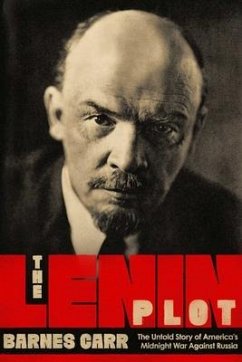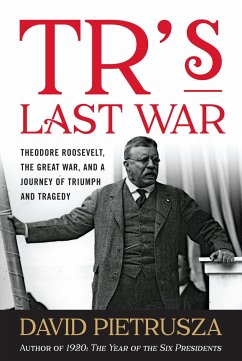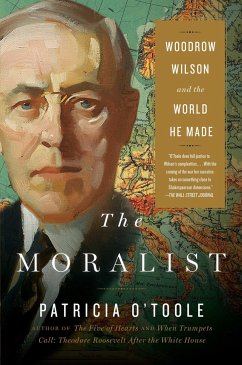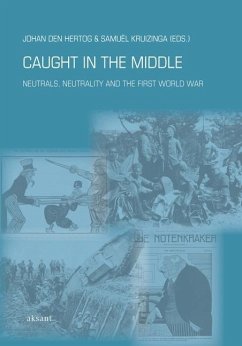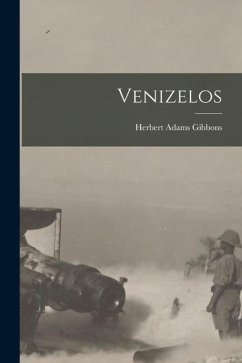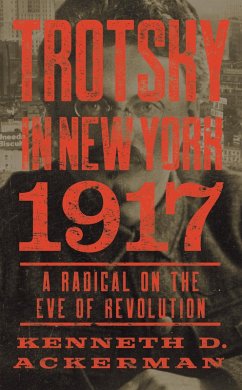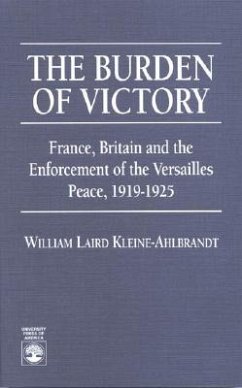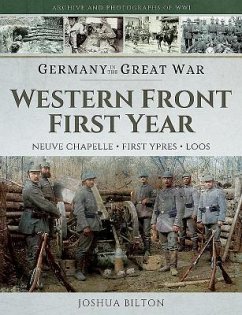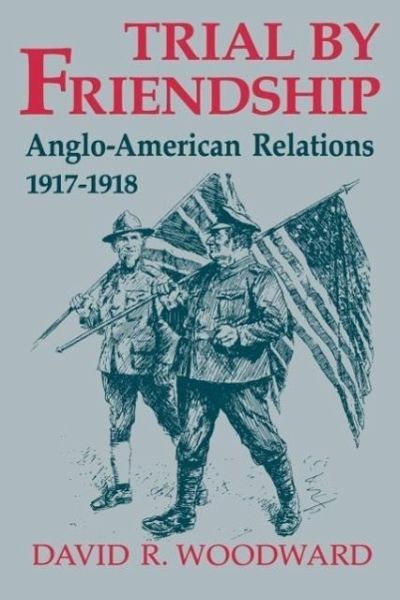
Trial by Friendship
Anglo-American Relations, 1917-1918
Versandkostenfrei!
Versandfertig in über 4 Wochen
25,99 €
inkl. MwSt.

PAYBACK Punkte
13 °P sammeln!
During the crucial period of 1917-1918, the United States superseded Great Britain as the premier power in the world. The differing strategic perspectives of London and Washington were central to the tensions and misunderstandings that separated the two dominant powers in 1918 and determined how these two countries would interact following the Armistice. David R. Woodward traces the projection of American military power to western Europe and analyzes in depth the strategic goals of the American political and military leadership in this first comprehensive study of Anglo-American relations in t...
During the crucial period of 1917-1918, the United States superseded Great Britain as the premier power in the world. The differing strategic perspectives of London and Washington were central to the tensions and misunderstandings that separated the two dominant powers in 1918 and determined how these two countries would interact following the Armistice. David R. Woodward traces the projection of American military power to western Europe and analyzes in depth the strategic goals of the American political and military leadership in this first comprehensive study of Anglo-American relations in the land war in Europe. Based on extensive research in British and American archives, the study focuses on Woodrow Wilson and David Lloyd George, whose relationship was poisoned by the mutual suspicion and hostility generated by their disagreements over strategy and military policy.President Wilson sought to use his country's military effort in western Europe as a tool to gain acceptance for his "new diplomacy." The British, anxious over the Turko-German threat to Asia and their worsening manpower situation, sought to utilize American military intervention for their own political/military purposes.Woodward's use of unpublished sources provides new perspectives on war leadership, and his analysis of the British-American interaction serves as a case study of the inevitable tension between national self-interest and efforts at collective security, even among nations that share many cultural and political values.For historians and anyone interested in military history and World War I, Trial by Friendship fills a gap in the study of Anglo-American relations by providing a strong, well- written study on an area of American history that has received scant attention from scholars.



